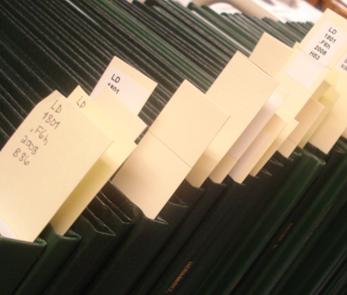
USF St. Petersburg campus Master's Theses (Graduate)
First Advisor
Major Professor: Rebecca Johns, Ph.D.
Second Advisor
Barnali Dixon, Ph.D.
Third Advisor
Christopher Meindl, Ph.D
Publisher
University of South Florida St. Petersburg
Document Type
Thesis
Publication Date
2020
Date Issued
March 12, 2020
Abstract
From wildfires to coral bleaching, the global effects of climate change are difficult to ignore. Unfortunately, the number of environmental education (EE) programs that target adults in the United States is lacking. Adults have the biggest impact on the environment and the greatest ability to make positive environmental changes and therefore, the need to expand environmental education for adults is imperative. In order to contribute to improved environmental quality, adults need to be exposed to environmental problems and to be taught ways to reduce their environmental impacts. Existing research highlights the difficulties when attempting to include adults in environmental education programing as they rarely re-enter formal academic settings. Therefore, adult environmental education relies solely on non-formal educational programing. The purpose of this research is to increase the current knowledge of non-formal EE pedagogical strategies in order to determine which programs are most effective for increasing environmental concern among adults. This research identifies opportunities and challenges for adult, non-formal EE providers in the Tampa Bay area of Florida. Given an understanding of the need for more interactive learning opportunities, the research goal was expanded to include the engagement theory of learning. Engagement theory of learning is a multidimensional concept comprised of cognitive engagement, behavioral engagement, and emotional engagement. Based upon the data collected during this study and the current EE literature, findings reveal that the most effective form of adult non-formal EE is active learning that incorporates behavioral engagement. This study concludes by providing a list of recommendations for educators for the improvement of adult EE programs currently offered in Pinellas County, Florida, a county within the Tampa Bay Area.
Creative Commons License

This work is licensed under a Creative Commons Attribution-Noncommercial-No Derivative Works 4.0 License.
Recommended Citation
McKenna, Kelly, "Adult Environmental Education: Active vs. Passive Learning Pedagogy" (2020). USF St. Petersburg campus Master's Theses (Graduate).
https://digitalcommons.usf.edu/masterstheses/203


Comments
A thesis submitted in partial fulfillment of the requirements for the degree of Master of Science Department of Environmental Science and Policy College of Arts and Sciences University of South Florida St. Petersburg